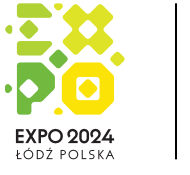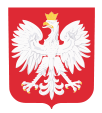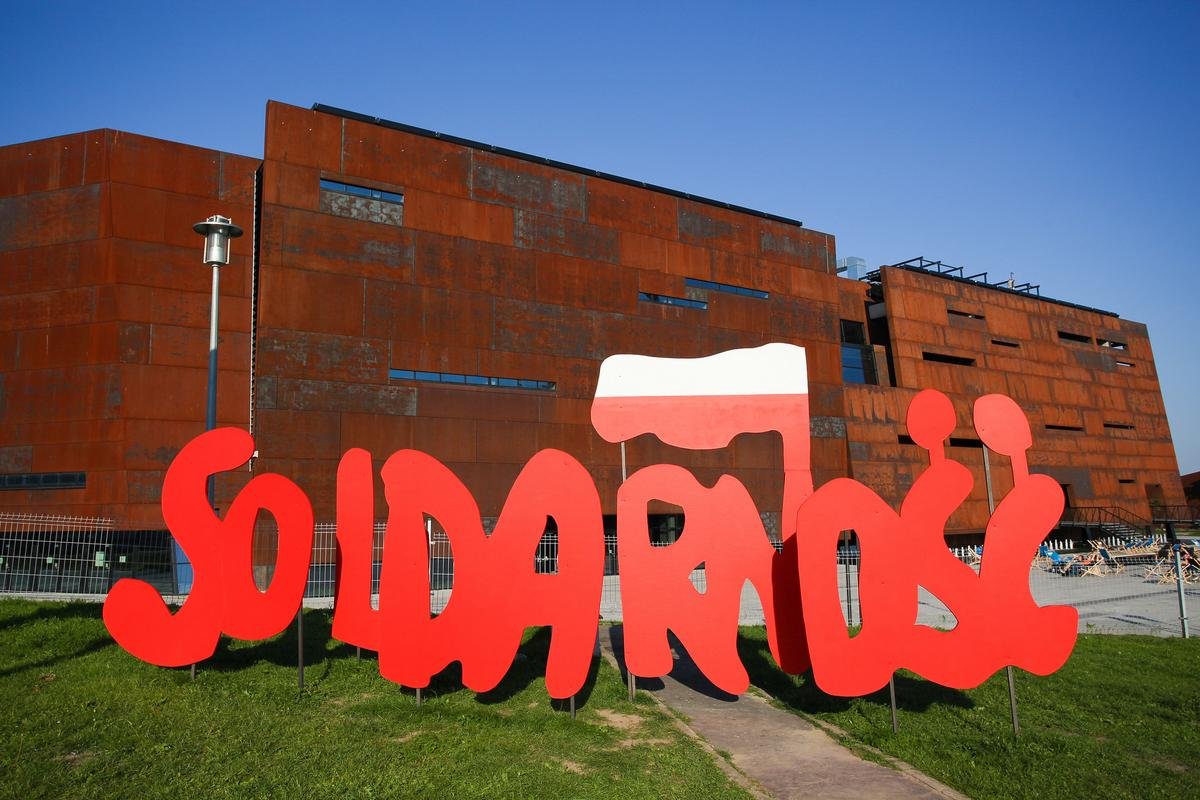History of Poland
The origins of the Polish state date back to the reign of its first ruler – Mieszko I, who through his baptism in 966 enabled his dominion to join the countries representing the European sphere of culture; only recently, we celebrated the 1050th anniversary of this momentous event. Valuable alliances and the wise reign of his successor, Bolesław Chrobry (‘the Brave’), the first king of Poland, and later rulers allowed Poland to become one of the most powerful European States.
The period between the 16th and early 17th century was Poland’s golden age, which saw culture and science flourish – it was the time of great Poles like Mikołaj Kopernik, Jan Kochanowski or Mikołaj Rej. The Polish republic was an economic, military and political power. While other countries were ruled by absolutist monarchies, the so-called nobles’ democracy emerged in Poland, which became a country of many cultures and many religions, a modern state on a worldwide scale.
Different factors, such as wars with Sweden, Russia and the Ottoman Empire, collapse of trade, isolationist tendencies or the reign of the house of Saxony, contributed to the profound crisis that engulfed Poland in later years. Despite two partitions, the Polish parliament was able to adopt a constitution in 1791 – the second constitution in the history of the world and the first document of its kind in Europe. Only 4 years later, Poland was wiped off the map of the world for the next 123 years, partitioned among three powers: Austria, Russia and Prussia. It was an extremely difficult period for the entire nation, who had to resist the oppressors and try to conserve the Polish language and culture.
It wasn’t until the end of the Great War until Poland was able to regain its sovereignty, but a mere 20 years later it had to defend its territory against invaders once again: the Third Reich and the Soviet Union. Although the war and hostilities ended in 1945, Poland still could not be referred to as a sovereign state. The times of the Polish People’s Republic were another great test of endurance for the Polish people; successive communist governments, subservient to the Soviet Union, mercilessly crushed the ‘cursed soldiers’, Polish patriots who kept fighting the communists despite the end of the war. In the 1980s, the authorities ruthlessly quelled strikes of workers who demanded a better standard of living.
The rise of Solidarność, a labour union associating 10 million Poles, and the subsequent Round Table Talks meant that the first partially free election in the history of Poland could take place on 4 June 1989. It was doubtlessly one of the most important events in the history of modern Poland.
Though the first years of the new, sovereign Polish state were very difficult, as both the new government and all Polish citizens had to adapt to the free market economy, which replaced the centrally-planned system, and learn the rules of democracy, nobody can deny today that the changes finally began to move in the right direction.
Although our democracy isn’t perfect, we’ve been able to make huge strides forward through our shared efforts over more than 25 years since we regained our sovereignty.




![[Translate to Angielski:] Mikołaj Rej [Translate to Angielski:] Mikołaj Rej](/files/expo/public/_processed_/e/3/csm_31076369272_0c88b5c834_k_c374877682.jpg)
